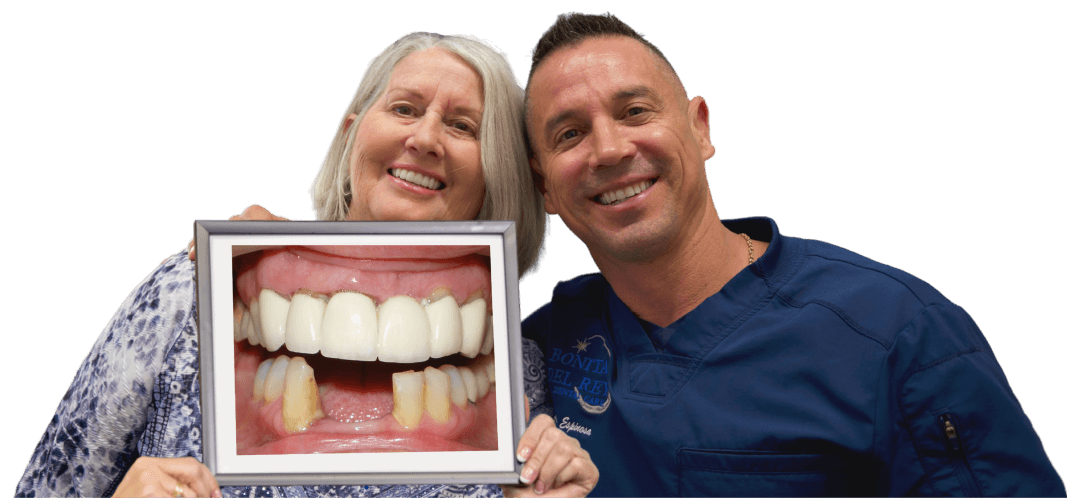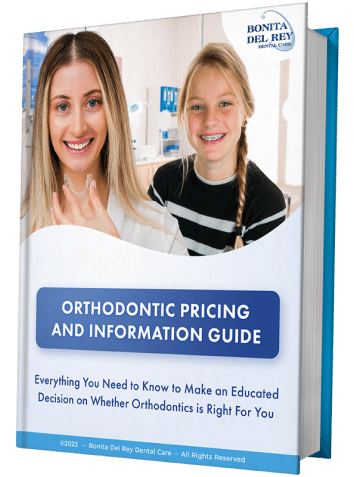We love hearing from our patients! And often we hear reoccurring questions, which means…you may also have these questions. It’s important to us to keep you informed about your oral health care. Check out our latest list of most frequently asked dental questions!
What is considered a tooth emergency?
From time to time, you may experience different sensations in your mouth. You may bite your tongue, or have tooth sensitivity to hot or cold foods. Your first step is to usually brush, floss or rinse your mouth to remove food particles. In most instances, this will be the solution. Sometimes you may have a more concerning issue like, if your braces bracket brakes or you lose a filling. In these two instances, you should call your dentist to schedule an appointment. But these still aren’t necessarily considered emergencies. The time of most concern is if you brake a tooth or a tooth is knocked out, you need to call our emergency line so we can assess your situation and schedule you immediately, (619) 482-3264.
Am I a candidate for Dental Implants?
Dental implants are the best option for teeth restoration. In order to determine if you are a candidate, first, we meet with you to conduct a full evaluation. Then we do a complete analysis to get planning and design underway. “During this phase, we take a computerized scan of your mouth and teeth. The scan is sent to a lab to conduct the digital analysis. It is then reviewed to plan the optimal placement of the new implant both for stability and aesthetics,” says Dr. Espinosa. The implant template is then designed virtually and produced with a 3D printer. After it’s created, the template is fitted to a model to ensure accurate placement. This template will be used to guide your new replacement tooth. We offer free consultations and second opinions. If you are interested in replacing missing teeth, call our office today!
Why do I wake up with a sore jaw and headaches?
It’s possible you suffer from TMJ, Temporomandibular Joint and Muscle Disorders. The most common causes for this condition are arthritis, improper bite and jaw dislocation or an injury, but it’s not always easy to diagnose. Stress has also been an associated factor for TMJ, as well as strenuous activity that causes over use of jaw muscles like clenching or grinding teeth. “Most patients concerned about these symptoms do well with limited treatment, when caught early. So make sure you’re bringing up any jaw discomfort during your routine dental visits,” advises Dr. Espinosa.
Can home whitening strips ruin my teeth?
The majority of whitening strips are safe to use. However, it’s important to follow the directions. Don’t use them too often or keep them on longer than recommended. This can be harmful to the enamel on your teeth, and products harmful to enamel can also cause harm to gum tissue. Also, make sure you’re reviewing the ingredients. Don’t use whitening strips that contain chlorine dioxide, often used in cleaning pools. This can erode enamel on your teeth, as it whitens your teeth by eating away at the surface of the enamel. Wearing down the enamel can lead to higher risk of tooth decay and other issues with your teeth and gums.
What toothpaste should I be using?
First and foremost, when choosing a toothpaste, make sure it includes the American Dental Association (ADA) seal of approval. That way you know it’s safe and effective. From there, it’s entirely up to you. “The best advice I can give is to choose the toothpaste that is right for you. That way you will be sure to brush your teeth at least twice a day!” says, Dr. Espinosa.
Interested in other frequently asked questions? We update our blog regularly each month to stay on top of trending topics in dentistry. Click here to read more!












